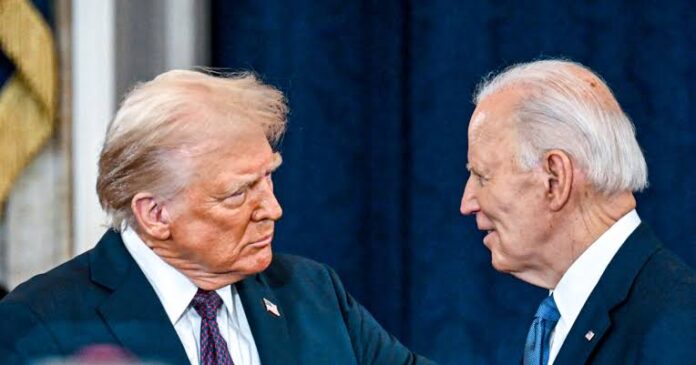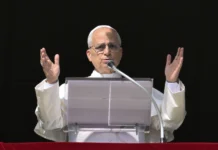In a stunning development, President Donald Trump declared on Monday that all pardons issued by his predecessor, Joe Biden, are void, alleging they were signed using an autopen—a device that replicates a signature—without Biden’s knowledge or consent.
The announcement, made via Truth Social, has sparked intense debate over the legality of such a reversal and the use of autopen in presidential actions.
Trump specifically targeted Biden’s final-hour pardons, which included preemptive protections for family members like James and Francis Biden, sister Valerie Biden Owens, and their spouses, as well as prominent figures such as Dr. Anthony Fauci, retired General Mark Milley, and members of the House committee investigating the January 6 Capitol attack.
Biden had justified these pardons as a shield against “politically motivated” prosecutions by the incoming administration.
In his statement, Trump claimed the autopen’s use rendered the pardons invalid, asserting that Biden “did not know anything about them” and that those responsible might have committed a crime.
He also accused the January 6 committee of destroying evidence during their investigation, warning of potential “high-level” probes into their actions.
The autopen, a tool used by presidents for decades to sign documents when physically unavailable, has generally been accepted as legally valid.
However, its application to pardons has rarely been challenged, leaving legal experts divided on whether Trump’s declaration holds water. Some argue that presidential intent, not the method of signature, determines a pardon’s validity, while others see the issue as uncharted territory ripe for judicial review.



















